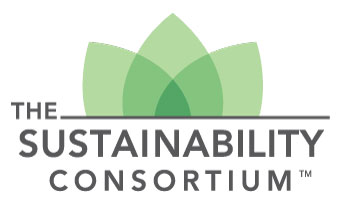Best Buy and The Sustainability Consortium Continue their Partnership
Tempe, Ariz. – Best Buy Co., Inc. (NYSE:BBY) and The Sustainability Consortium announced the renewal of their continued partnership today in support of moving towards more sustainable electronics products.
In January of 2010, The Sustainability Consortium and Best Buy, along with other leaders in the manufacturing and sales of consumer electronics announced plans to help consumers identify green electronics. The effort has since then been focused on researching the life cycle environmental and social impacts of electronic products used to support the identification of sustainable or “green” electronics. Collaboration with existing standards and programs such as EPEAT® (the Electronic Product Environmental Assessment Tool), ENERGY STAR®, and standards set forth by the Electronics Industry Citizenship Coalition has also been central to this effort.
The Sustainability Consortium’s initial work with its members in consumer electronics has focused on computers. The electronics sector of TSC has completed the first draft of its Sustainability Measurement and Reporting Standard in collaboration with researchers at UC Berkeley and MIT. “Best Buy has been a leader in The Consortium’s efforts,” said Dr. Kevin Dooley, Co-Director, The Sustainability Consortium, “and its commitment gives us confidence that we can expand from our meaningful work in computers to other electronics such as televisions and phones.” The standardization of measurement and reporting of sustainability impacts will improve buyers and customers abilities to make educated decisions.
About the Sustainability Consortium
The Sustainability Consortium is an independent organization of diverse global participants who work collaboratively to build a scientific foundation that drives innovation to improve consumer product sustainability through all stages of a product’s life cycle. It drives scientific research and the development of standards and IT tools, through a collaborative process, to enhance the ability to understand and address the environmental, social, and economic implications of products. The Sustainability Consortium advocates for a transparent process and system, not individuals or organizations. The University of Arkansas and Arizona State University jointly administer the Sustainability Consortium, which began in 2009 and currently has more than 60 members. Learn more at www.sustainabilityconsortium.org.

